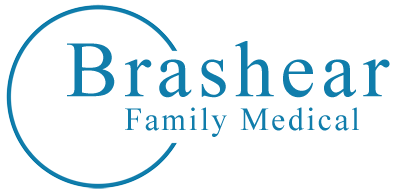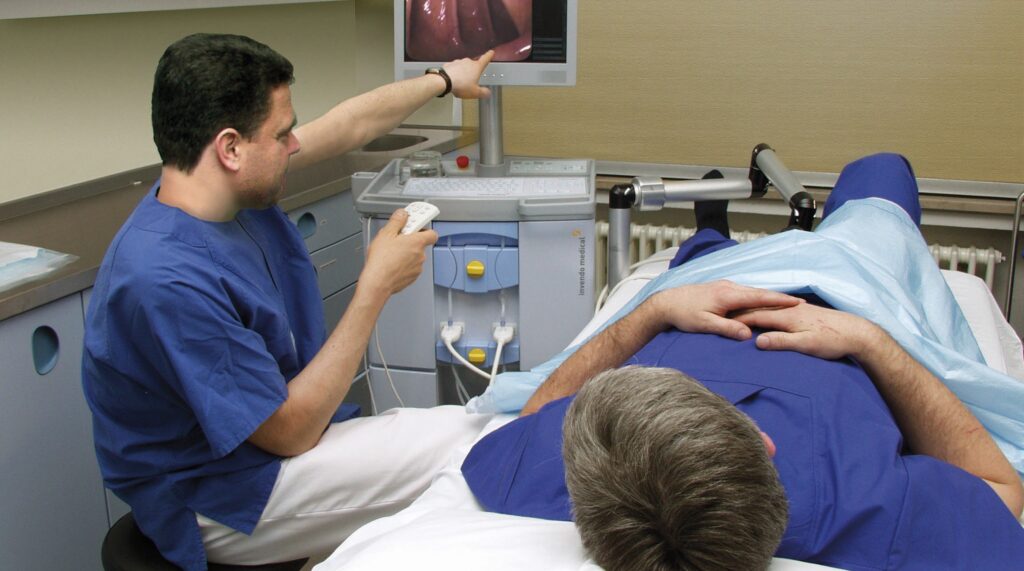There are some things a man can do to lower his risk of breast cancer: maintaining an ideal body weight and restricting alcohol consumption are 2 of them. But since the cause of most breast cancers is not known, there is no known way to prevent them.
For now, the best strategies for reducing the number of deaths caused by this disease are early detection and prompt treatment. Early detection has been a problem for men, who tend to ignore breast lumps and see their doctor only when the lumps have gotten large. In general, men are diagnosed with breast cancers at more advanced stages than are women.
What are the Risk Factors for Breast Cancer in Men?
A risk factor is anything that affects your chance of getting a disease such as cancer. Different cancers have different risk factors. For example, exposing skin to strong sunlight is a risk factor for skin cancer. Smoking is a risk factor for cancers of the lung, mouth, larynx (voice box), bladder, kidney, and several other organs.
But risk factors don’t tell us everything. Having a risk factor, or even several, does not mean that you will get the disease. Some men with one or more breast cancer risk factors never develop the disease, while most men with breast cancer have no apparent risk factors. Even when someone has a risk factor, there is no way to prove that it actually caused the cancer.
We don’t yet completely understand the causes of breast cancer in men, but researchers have found several factors that may increase the risk of getting it. As with female breast cancer, many of these factors are related to sex hormone levels in the body.
Aging
Aging is an important risk factor for the development of breast cancer in men. The risk of breast cancer goes up as a man ages. Men with breast cancer are on average about 68 years old when they are diagnosed.
Family History of Breast Cancer
Breast cancer risk is increased if other members of the family (blood relatives) have had breast cancer. About 1 out of 5 men with breast cancer have a close male or female relative with the disease.
Klinefelter Syndrome
Klinefelter syndrome is a congenital condition (present at birth) that affects about 1 in 1,000 men. Normally the cells in men’s bodies have a single X chromosome along with a Y chromosome, while women’s cells have 2 X chromosomes. Men with this condition have cells with a Y chromosome plus at least 2 X chromosomes (but sometimes more).
Men with Klinefelter syndrome also have small testicles (smaller than usual). Often, they are infertile because they are unable to produce functioning sperm cells. Compared with other men, they have lower levels of androgens (male hormones) and more estrogens (female hormones). For this reason, they often develop gynecomastia (benign male breast growth).
Some studies have found that men with Klinefelter syndrome are more likely to get breast cancer than other men. One study of men with this syndrome found that the risk of getting breast cancer was about 1% (1 in 100). But this is a hard area to study because these are both uncommon problems, and it is hard to collect enough cases to be sure. The risk seems to be increased, but overall it is still low because this is such an uncommon cancer, even for men with Klinefelter syndrome.
Radiation Exposure
A man whose chest area has been treated with radiation (such as for the treatment of a cancer in the chest, such as lymphoma) has an increased risk of developing breast cancer.
Alcohol
Heavy drinking (of alcoholic beverages) increases the risk of breast cancer in men. This may be because of its effects on the liver (see next paragraph).
Liver Disease
The liver plays an important role in sex hormone metabolism by making binding proteins that carry the hormones in the blood. These binding proteins affect the hormones’ activity. Men with severe liver disease such as cirrhosis have relatively low levels of androgens and higher estrogen levels. They have a higher rate of benign male breast growth (gynecomastia) and also have an increased risk of developing breast cancer.
Estrogen Treatment
Estrogen-related drugs were once used in hormonal therapy for men with prostate cancer. This treatment may slightly increase breast cancer risk.
Obesity
Studies have shown that women’s breast cancer risk is increased by obesity (being extremely overweight) after menopause. Obesity is probably a risk factor for male breast cancer as well. The reason is that fat cells in the body convert male hormones (androgens) into female hormones (estrogens). This means that obese men have higher levels of estrogens in their body. Some obese men may notice that they don’t have to shave as frequently as other men. They might also have trouble fathering children. Regular exercise and maintaining a healthy weight may help reduce the risk of breast cancer, as well as that of many other diseases and cancers.
Testicular Conditions
Some studies have suggested that certain conditions, such as having an undescended testicle, having mumps as an adult, or having one or both testicles surgically removed (orchiectomy) may increase male breast cancer risk. Although the risk seems to be increased, overall it is still low.
Certain Occupations
Some reports have suggested an increased risk in men who work in hot environments such as steel mills. This could be because being exposed to higher temperatures for long periods of time can affect testicles, which in turn would affect hormone levels. Men heavily exposed to gasoline fumes might also have a higher risk. More research is needed to confirm these findings.
Source: http://www.cancer.org/

